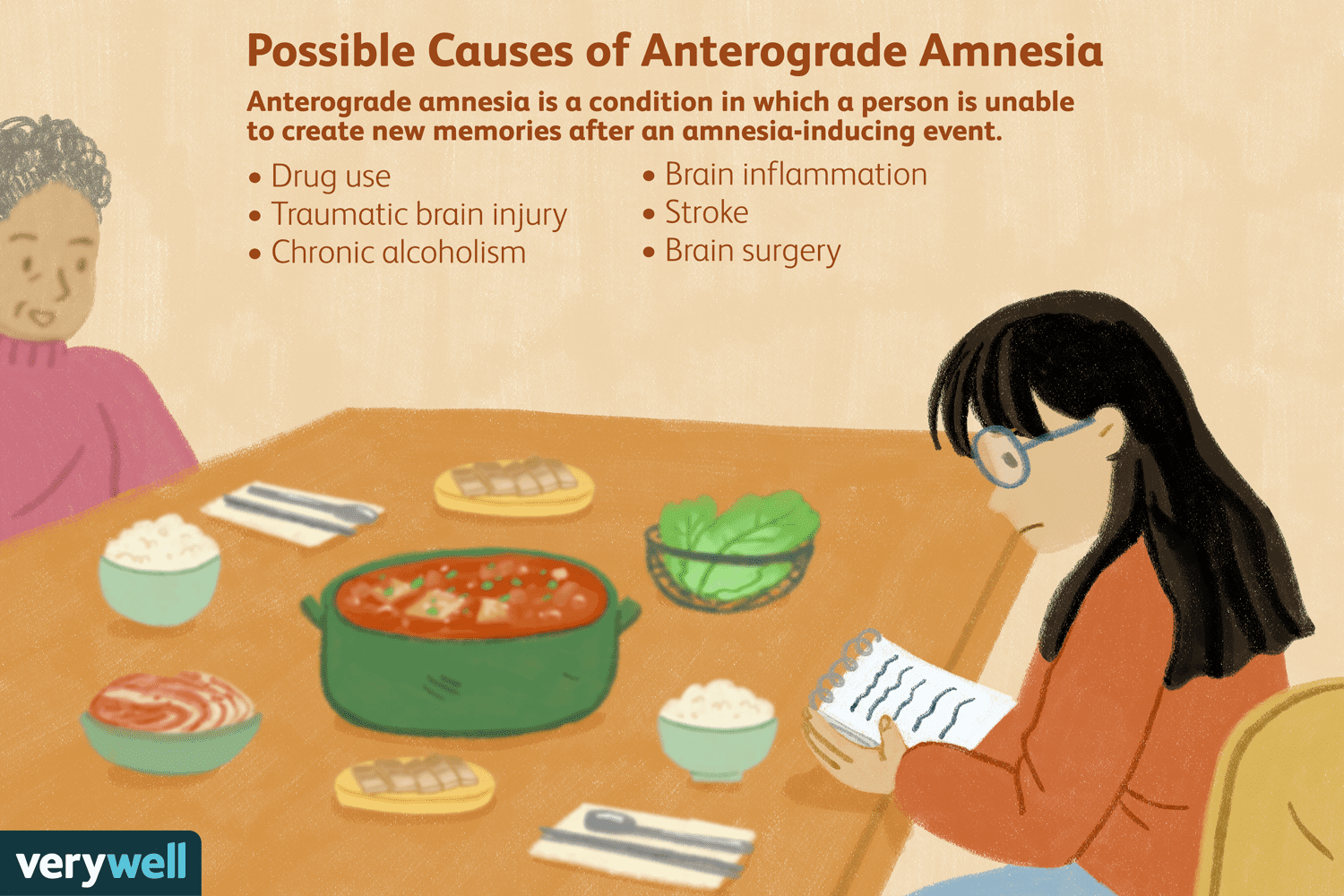
Key facts
- Amnesia is a form of memory loss.
- While forgetting things is normal, people with amnesia often forget familiar things, such as where they live, and what their loved ones’ names are.
- Amnesia can be caused by many things, including head injuries or dementia.
- There are ways to treat or manage amnesia, depending on what causes it.

What is amnesia?
Amnesia is a memory disorder. It is a term used to describe a type of memory loss that is usually temporary.
It is normal to forget things sometimes, such as the name of someone you just met. However, struggling to remember things like close family members’ names is different.
People with amnesia can struggle to form new memories or remember recent events or experiences. People who have amnesia might also be confused and have trouble learning new things.
But most people with amnesia still remember who they are and can often remember events from their childhood.
Amnesia is not a medical condition on its own. It is often a symptom of another condition. It is usually temporary but can be permanent in some situations.
What are the symptoms of amnesia?
If you have amnesia, you may find yourself often forgetting simple things, like:
- where you parked
- things you have just said
- your shopping list
As amnesia worsens, people with amnesia may forget more important things, such as:
- where they live
- how to travel home
- the names of friends and family
What causes amnesia?
There is a long list of conditions that can cause amnesia.
It can be caused by damage to the parts of the brain that are important for memory. This can be due to conditions such as:
- concussion or head injury
- a stroke
- brain inflammation due to an infection
- brain tumours
Memory can also be affected by issues such as:
- psychological conditions, such as anxiety or depression
- dementia
- a type of epilepsy (transient epileptic amnesia)
- alcohol or drug use
- some medicines, such as sedatives
Amnesia caused by an event such as surgery, an accident or an injury can be:
- anterograde — memories after the event are forgotten
- retrograde — memories before the event are forgotten
When should I see my doctor?
Forgetting things can be distressing. If you think you or someone you know has amnesia, see your doctor.
See a doctor after a head injury or suspected concussion if you or someone you know is:
- worried about memory
- struggling to learn new things
How is amnesia diagnosed?
Your doctor will talk to you and examine you. They might also:
- perform memory tests
- take a blood test to check for infection or vitamin deficiencies
- recommend a brain scan to look for damage
- ask your friends and family questions
How is amnesia treated?
Treatment for amnesia depends on the cause of your memory loss. If you have a treatable cause of amnesia, then treatment might allow you to regain your memory.
You can also develop strategies to help, such as:
- writing down important information using a diary, notepad or smartphone
- telling family and friends about important information you need to remember
Your doctor can also refer you to an occupational therapist or a psychologist if needed. They can help you develop strategies for remembering information.
Can amnesia be prevented?
Amnesia can be caused by different things, some of which are preventable. For example, you can read more about preventing head injuries here.
Complications of amnesia
Forgetting things can be distressing. Severe amnesia can disrupt your daily life.
Amnesia may also be an early sign of dementia. But, they are different things. While they both affect your memory, dementia also affects other things such as:
- thinking
- language
- judgement
- behaviour


